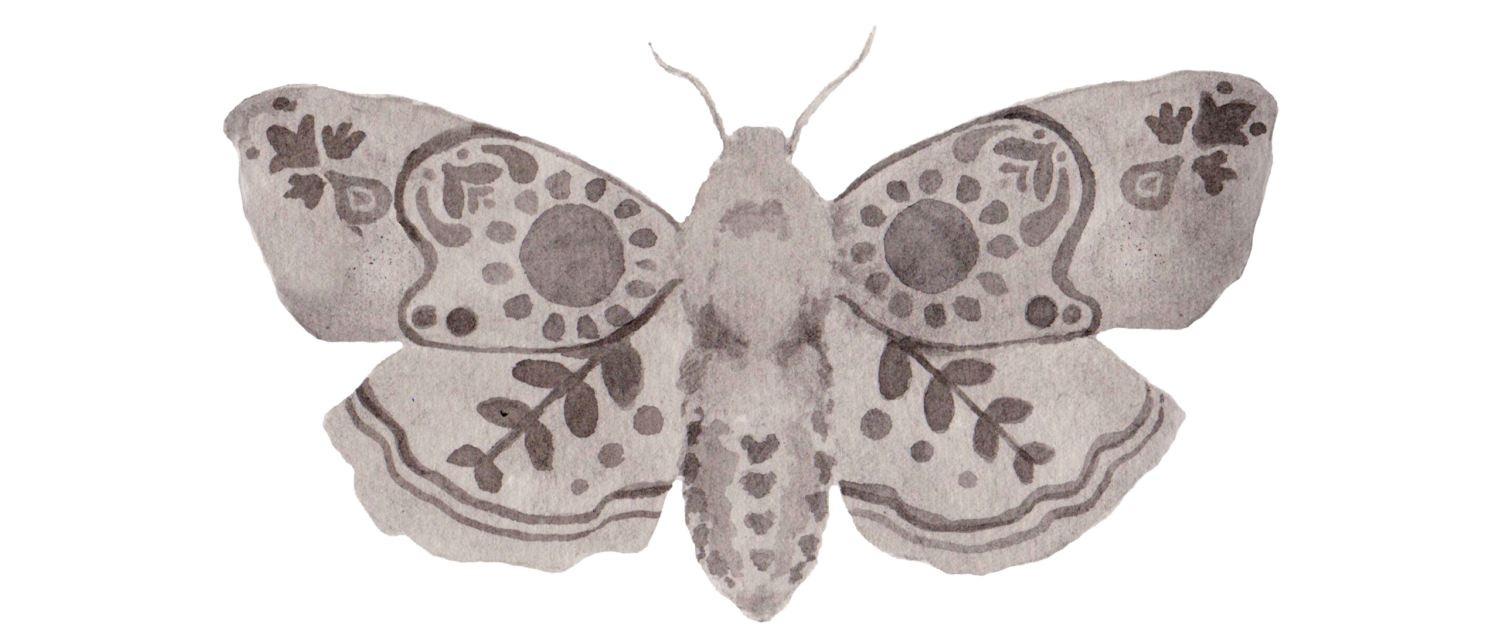We’re on a journey of learning & discovery about food, herbal medicine, and how the things we put in our bodies impact our health & lives. Tea is something we’re very passionate about! Today we’re sharing what we’ve learned so far about how to prepare medicinal tea.

Infusions
To prepare a medicinal tea we steep plants in boiling water, a process called infusion. We steep the plants because this is less destructive to all those wonderful medicinal components. The longer you steep, the stronger the tea will be. To achieve the medicinal benefits, the tea needs to be fairly strong.
There are many different solvents that can be used to create infusions (they are referred to as menstruum). Water is of the best in terms of pulling out enzymes. Clear soft water, rainwater, or distilled water are optimal for making infusions.
There are 3 different ways we can make infusions
- Maceration – the soaking of ground or chopped herb in a menstruum.
- Digestion – maceration with the addition of heat below boiling temperature (the heat quickens the solvent powers of the menstruum).
- Percolation – a coloumn of menstruum flows down through packed powdered herb (eg. how drip coffee is made).
Maceration is the common method used to make tea (and how we do it at The Moth Cafe). This process is best for plants with light structure and soft tissue like flowers, most leaves, soft stems, and some roots.
Another important aspect of making an infusion is using the correct vessel. Glazed earthenware, porcelain and glass are the best options, whereas tinned iron, aluminum, or metallic vessels are unsuited. It is best to warm the vessel before making your tea to ensure it does not chill the liquid menstruum.
Using cold water, which is then slowly heated, to make tea is more suitable for some plants and is called a decoction. You would use this method if the herbs you are using contain a valuable volatile constituent like an essential oil. Other plants you may want to use a decoction for include slippery elm bark, marshmallow root and wild cherry bark.
Whole Plants VS Extracts
Drinking tea is potentially more beneficial for our health compared to taking only the herbal extracts (ex. in supplement form). All the compounds within the plants can be useful for digestion, elimination, repair, and overall health maintenance. Any compounds that may remain undigested can supply food for the multi-millions of beneficial micro-organisms in our gut. It makes sense to us that all the elements of the plant work together within our body much better than when a single compound is extracted.

Consumption
It is best to consume your tea soon after preparation. The maximum life of prepared infusions is 24 hours if stored in a very cool place. This is due to the fact that the herbal principles will begin to decompose fairly quickly and thus will not be as effective.
The recommended dosage of tea for the average adult is one cup three times a day. With so many amazing herbs out there, this shouldn’t be hard to do!
If you would like to make your own infusions at home, we sell the Harmonic Arts loose leaf tea in 8oz jars. You can order online here to pick up at The Moth Cafe.
Note: We learned this information from The Herbal Medicine-Makers Handbook by James Green and Medicinal Herbs A Beginner’s Guide by Rosemary Gladstar. We highly recommend both books if you’re interested in learning more about herbal medicine.
